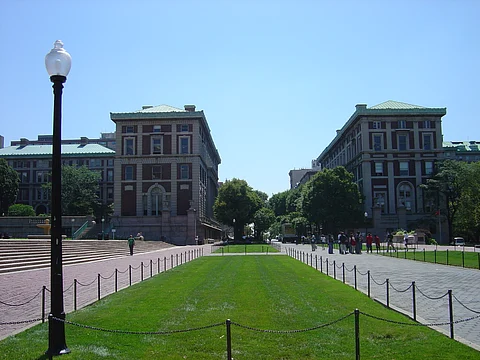

Columbia University has recently been at the center of several high-profile incidents involving student visas and federal investigations. Ranjani Srinivasan, a student, had her visa revoked and opted to self-deport, while Leqaa Kordia was arrested for overstaying her visa. These actions followed reports of student participation in pro-Hamas activities. In a separate development, federal agents executed search warrants at two student residences on campus, though no arrests or seizures were made. The university stated it complied with the warrants and ensured public safety staff were present during the searches.
Moreover, these events occurred after the arrest of another known student protester, Mahmoud Khalil, and the subsequent withdrawal of $400 million in federal funding for the university. The funding cut was tied to concerns over campus protests and alleged antisemitic incidents. In response, Columbia has imposed disciplinary measures, including suspensions and expulsions, on students involved in earlier protests.
The Trump administration has set conditions for the potential restoration of funding, demanding disciplinary actions against specific students, changes to protest policies, and the adoption of a formal definition of antisemitism. Other stipulations include admissions reforms and the appointment of a receivership for the Middle East, South Asian, and African Studies department. The university has yet to publicly address these demands.